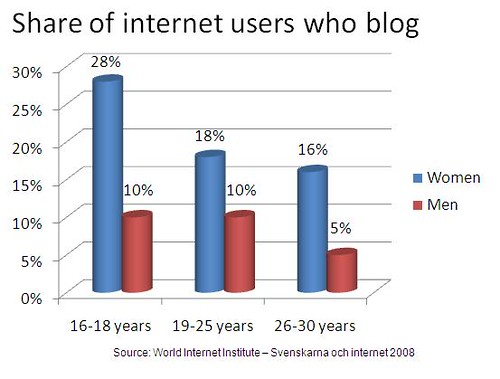Today I did something unusual… I bought a book! Well the book in itself is not unusual but what was different today was the fact that the book was old fashioned analogue – you know… re-used, old dead trees.
When it was launched I was anti-Kindle, in November 2007 I even wrote:
For me it doesn’t matter how fancy schmancy the details are – and Kindle has some impressive details. The dead tree with ink stains still remains my clear favorite.
But eventually I succumbed and bought one by the end of 2010. Almost immediately my reading and purchasing patterns changed drastically – this became very obvious when the book Själens medium: Skrift och subjekt i Nordeuropa omkring 1500 by Götselius was not available in digital format… and did not buy it!
Most of the time this is not a problem as most of my reading is in English. But this has an interesting side-effect: publishers in small language groups seem to think that staying out of the Kindle market is a smart way of maintaining control over their market. But the problem is that this market is diminishing. Given a choice – the Kindle user is almost forced into the a larger language group.
Sure, I was forced to buy a book today but that’s still 15 less than I would have during the same period.
